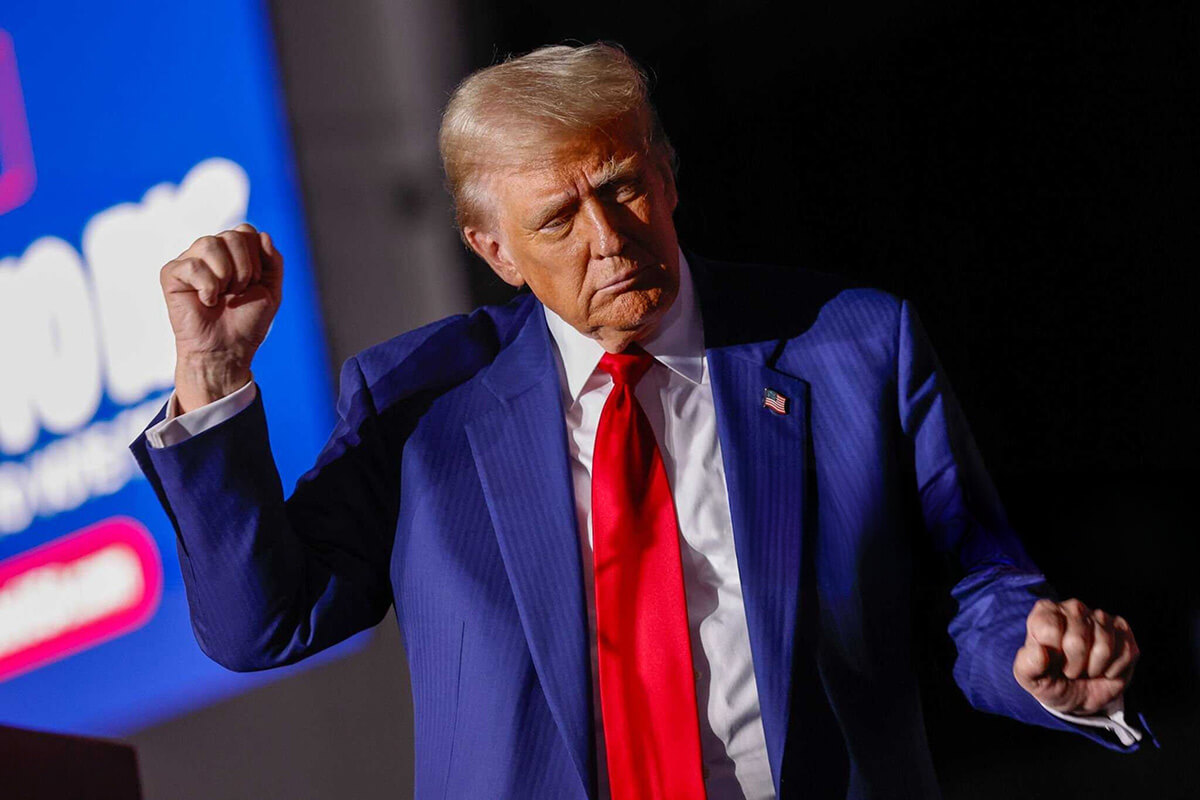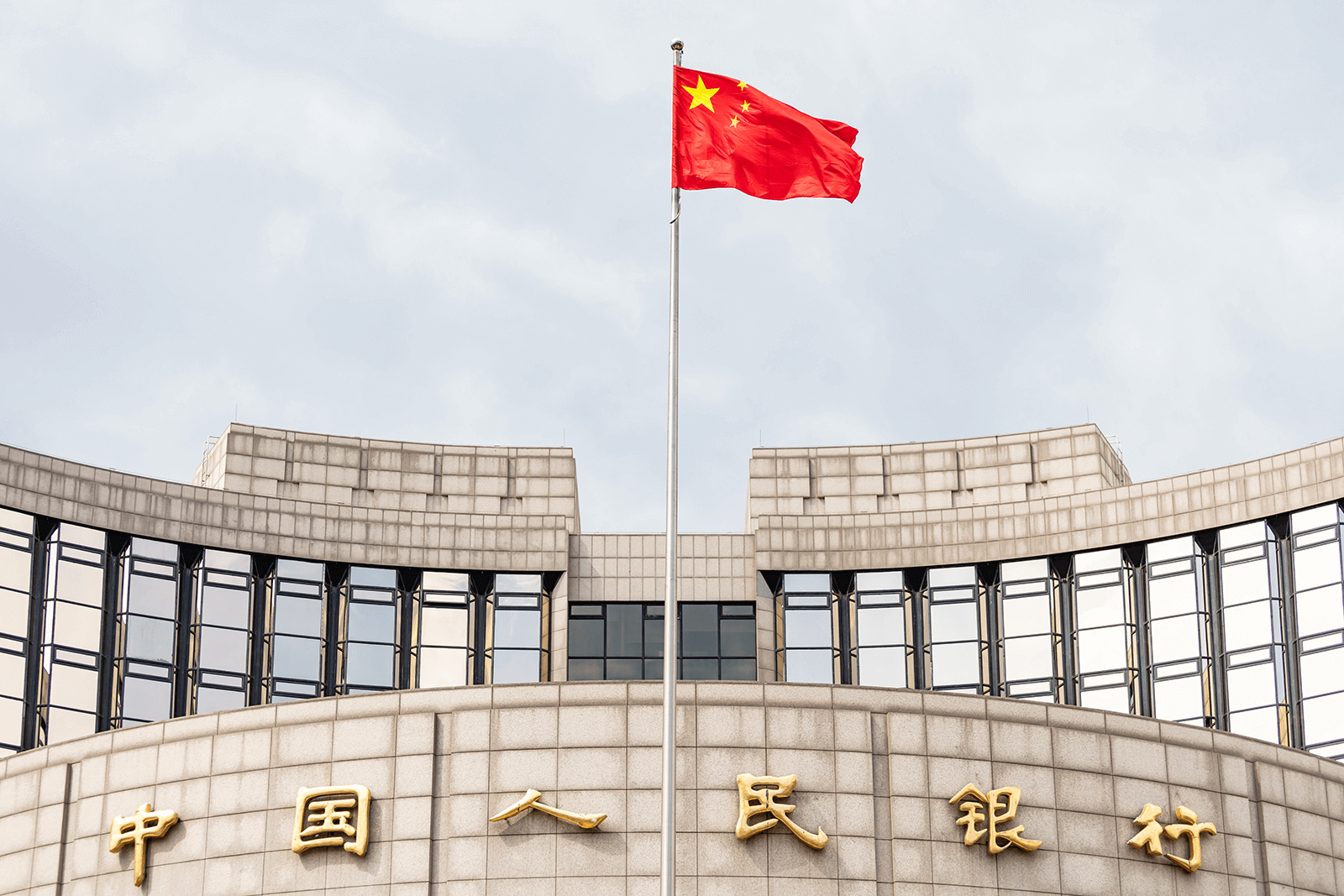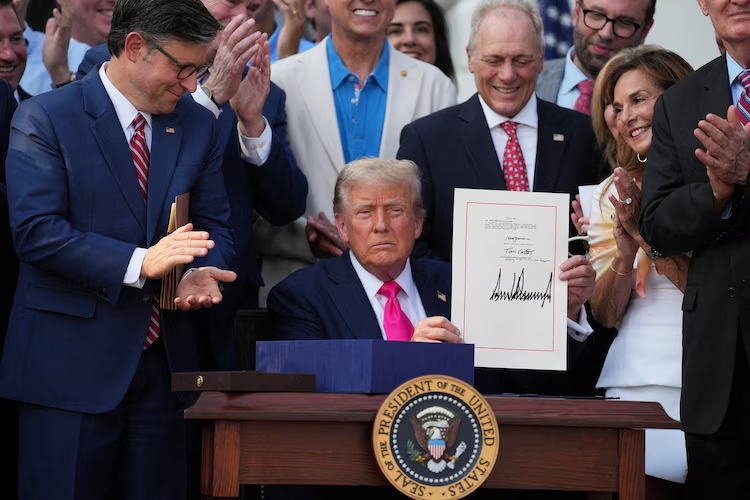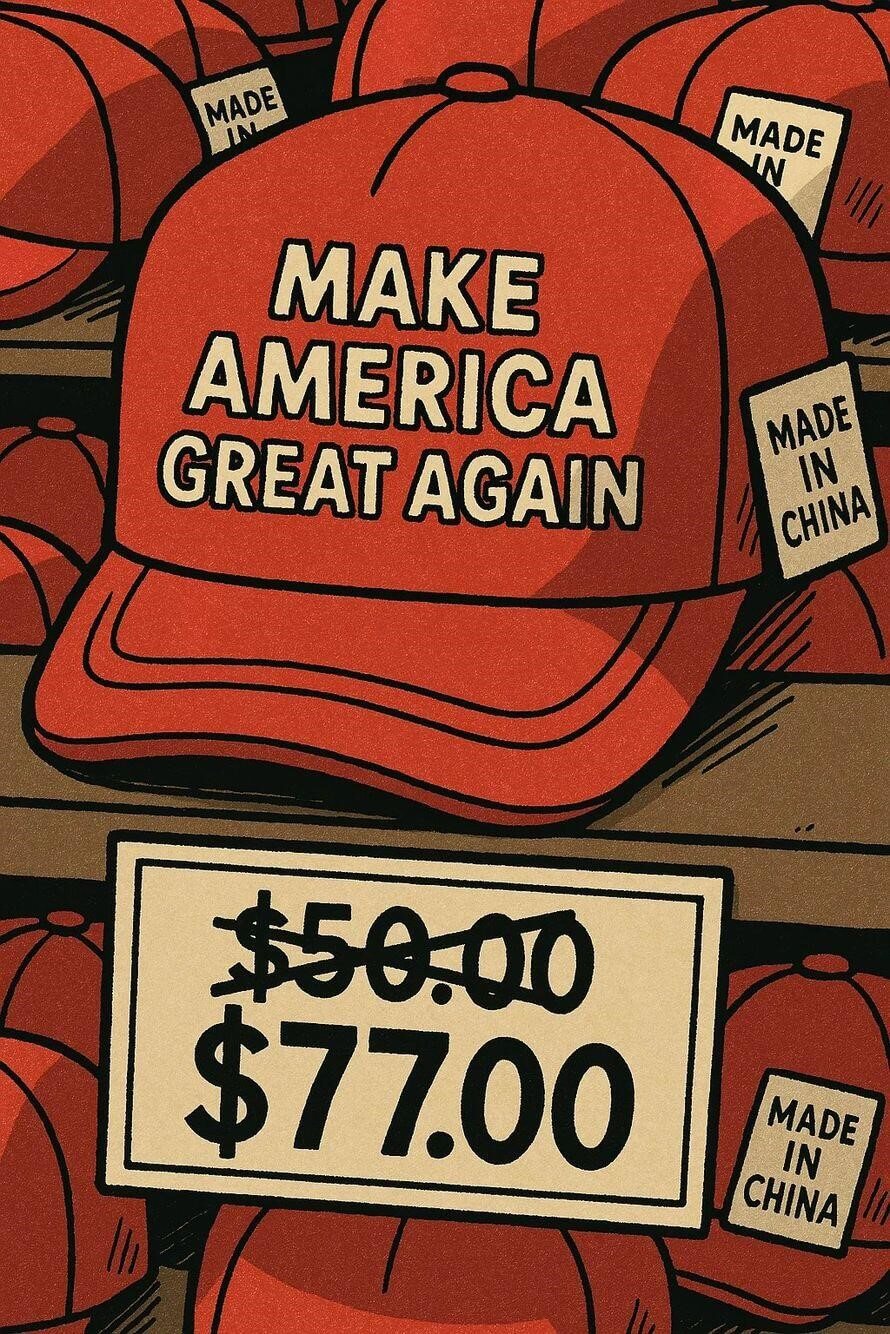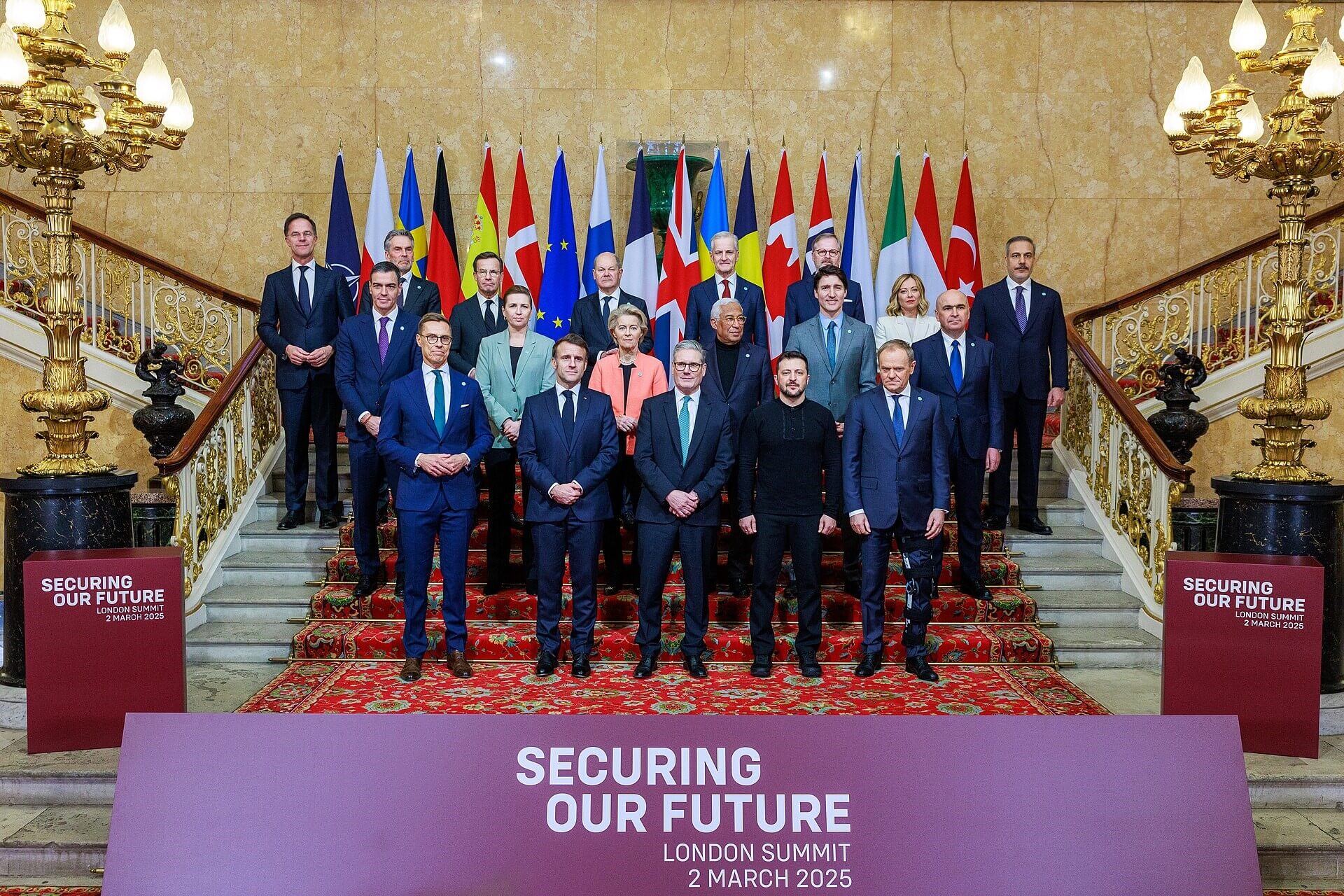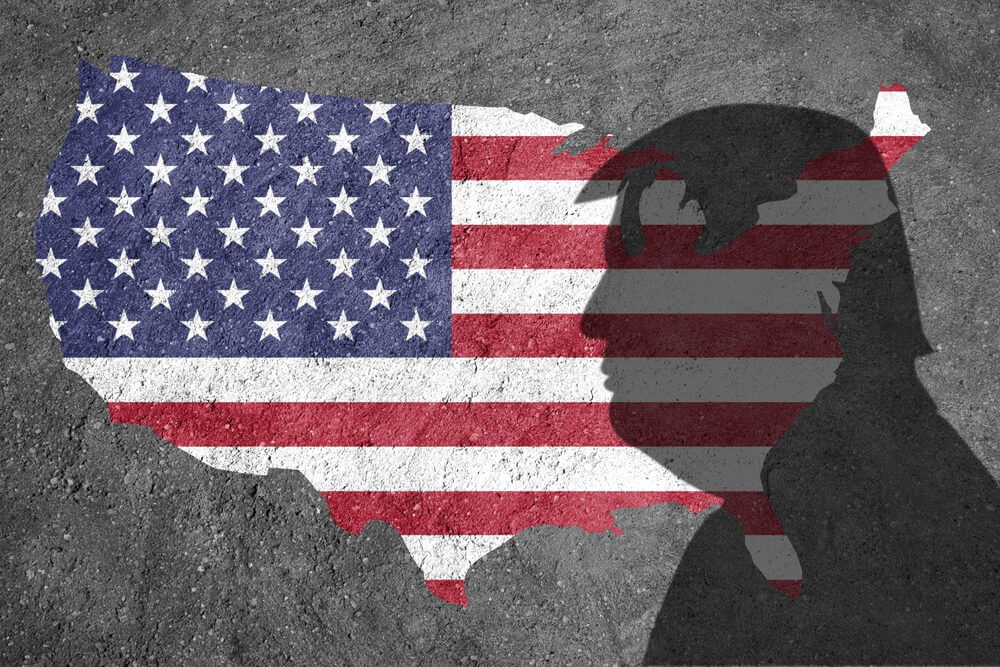The latest political developments in the UK and France are two sides of a same coin: a vote of no confidence in prior leadership, considerable (albeit less than feared) gains by extreme right “protectionist” parties, and broad-based hopes for increased social spending. The latter will, however, undoubtedly be dashed by financial constraints, given the already excessive levels of public deficits and debt, as well as persistently above-target inflation, which is preventing rapid cuts in central bank rates. Such an economic and political backdrop readily explains why European equities currently trade at a discount to their US counterparts.
The Maastricht criteria set in the early 1990s have long been ignored. Few Eurozone member countries run below-3% budget deficits these days, even during years of strong economic growth. As for the 60% debt-to-GDP limit, it is exceeded almost everywhere across the continent, often by a wide margin. There was a time, coming out of the Covid pandemic, when governments were being begged by the central bank to spend money – at near-zero interest rates – in order to jump start the European economy. Now they seem unable to repress their spending frenzy, even as the debt servicing charge threatens to become unbearable.
The mechanics of debt are indeed implacable. When political uncertainty adds 70 basis points to the spread between French and German government bonds, and that extra spread is applied to a growing pool of public debt (because of 5%+ annual deficits), the rate of expansion of France’s debt-to-GDP ratio accelerates. To the point that the country is under close monitoring by both rating agencies and EU authorities. Ultimately, in fact, we expect the European Commission to step in and impose a fix – on France and other overly profligate governments in the region.
And such financial constraints will come at a time of already slowing economic activity. Services continue to do relatively well, notably tourism and administrative/accounting businesses (owing to an ever-increasing set of regulations!), but the situation on the production and construction side of the European economy is close to recession territory. The resilience in services is likely what is keeping the labour market tight, in turn explaining why inflation has not fallen back down to the 2% official target. As discussed in detail a few months ago, we are increasingly of the view that a 3% inflation level might become the “new normal”, making it difficult for central banks to cut rates aggressively. Such a scenario is also buttressed by the protectionist forces that are kicking all around the globe: the US and Europe are increasing import taxes, China has started to impose export taxes, etc.
Speaking of China, its major difference relative to the Western world is that, as a centrally planned economy, it can develop truly long-term projects. Examples include of course rare metals mining and, especially, refining, the Belt & Road initiative, as well as ongoing massive investments in electrification, the energy transition and semiconductor/electronics production. In fact, oil is probably the only space where China is not fully in control of the value chain.
For Europe, striking the appropriate trade relationship with China will thus be crucial in the coming years. Avoiding that European producers get crushed by much cheaper Chinese products (as was the case with solar panels and is threatening to happen in the electric vehicle industry) definitely requires supportive industrial measures. In implementing such subsidies, if they can even find the funds, European authorities will, however, need to tread very carefully, so as to avoid triggering a damaging full-fledged trade war with China. Note in this regard that the US are in less of a bind, thanks to their energy cost advantage, to owning the global reference currency and to having already voted massive public spending plans.
All told, Europe is in dire straits but that is unfortunately not a new observation – as equity valuation multiples well reflect. The only change brought about by last weekend’s electoral results in France is the risk of President Macron becoming a lame duck, and hence of Europe losing one of its most vocal leaders. One can only hope that someone, Mario Draghi perhaps, might step up to that role in the future.
And from an investment perspective, today is not in our view the time to increase risk in portfolios. In fact, we see no necessary adjustments to be made, having already increased bond exposure and duration, and holding a relatively cautious exposure to equities. Quid perhaps of shifting the US/Europe equity mix? US indices have admittedly largely outshone their European peers during recent months, but their rich valuation, alongside very concentrated index returns and potential currency risk, refrain us from chasing the upmove. Not to mention that the November election is looming, with an increasingly probable Trump presidency that promises uncertainty galore…

